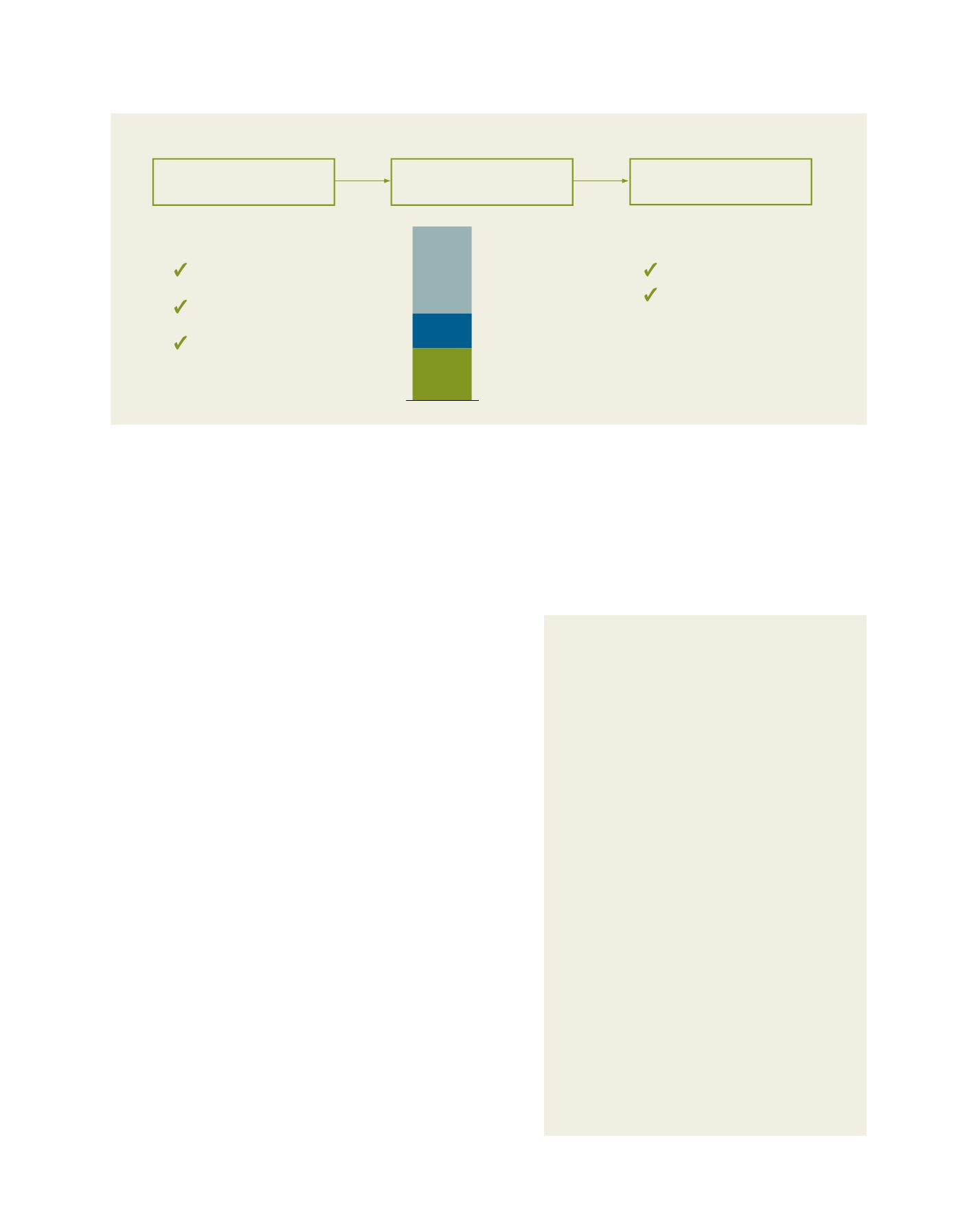

[
] 327
I
nternational
C
ooperation
on
W
ater
S
ciences
and
R
esearch
groundwater using electrocoagulation. They produced a work of
fundamental and applied science running the complete course from
initial research to functioning prototype, while addressing one of the
most serious drinking water problems confronting the human popu-
lation in developing countries. Currently, one in five adult deaths in
Bangladesh is caused by chronic arsenic poisoning.
The Surface Water Prize was awarded to Dr Kevin Trenberth
and Dr Aiguo Dai of America’s National Centre for Atmospheric
Research for groundbreaking work that provides a powerful estimate
of the effects of climate change on the global hydrological cycle, with
a clear explanation of the global water budget.
The Groundwater Prize was awarded to Dr Charles Franklin
Harvey (Massachusetts Institute of Technology) and Dr Abu Borhan
Mohammad Badruzzaman (Bangladesh University of Engineering
and Technology) for developing a complete diagnostic and concep-
tual model for understanding the arsenic contamination of ground
water. In doing so, they have answered a major puzzle in ground-
water hydrology and more generally demonstrated how complex
natural systems can be understood.
Dr Mohamed Khayet Souhaimi (University Complutense,
Madrid) won the Alternative Water Resources Prize for his work
in pioneering and promoting membrane distillation for water
recovery using alternative renewable energy sources. This process
is relevant both for water recovery from alternative sources (not
only sea water but also concentrates from industrial production)
and energy-friendly separation processes (using waste heat, for
example). The process is now being used for large-scale applica-
tions in Singapore and elsewhere. In many other countries, plans
for using this or related processes are mushrooming.
Dr Damià Barceló (Catalan Institute for Water Research, Spain)
won the Water Management and Protection Prize for work at the
leading edge of water science in understanding the effect of pharma-
ceuticals in the water environment. He also developed new methods
for future risk assessment and the management of emerging contami-
nants, as well as for the investigation of water quality in intensively
used basins. Dr Barceló’s research demonstrates that a broad spectrum
of pharmaceuticals act as widespread pollutants in aquatic environ-
ments and shows that wastewater treatment plant outlets are major
contributors to the problem. At the same time, his work
highlights how the final treatment steps in these plants
can considerably reduce the load of pharmaceuticals
pollutants in outlets prior to their release, paving the
way for more effective treatment processes to control the
adverse impact of pharmaceutical pollutants.
PSIPW evaluation procedure
Source: PSIPW
Preliminary
screening
Evaluation
Approval
Originality
Applicability
Potential impact
50%
20%
30%
Alignment with PSIPW vision
Integrity of evaluation process
Legitimacy of nominator
according to guidelines
Eligibility criteria
for nominee
Sufficient quality
to warrant being evaluated
PSIPW’s other activities
PSIPW is a non-profit, non-governmental organization
and though its primary purpose is to encourage
scientific innovation through its suite of prizes, it also
promotes a wide range of innovative water-related work
around the world. Among its most important activities
are the following:
• PSIPW is an observing member of the United Nations’
Committee on the Peaceful Uses of Outer Space,
which holds bi-annual meetings in Vienna
• PSIPW is a member of the Arab Water Council’s
Board of Governors, and as such actively participates
in all of the council’s meetings and conferences. It
also provides support for some of the Arab Water
Council’s activities
• PSIPW provides financing and support for the Prince
Sultan Bin Abdulaziz International Prize’s Chair for
Water Research located at the Prince Sultan Institute
for Environmental, Water and Desert Research
• In cooperation with the United Nations, PSIPW has
recently established the International Water Portal
(http://water-portal.com), which aspires to become
the world’s largest international interactive database
for water research and will provide extensive
networking opportunities for experts and organizations
working in the field
• PSIPW, along with King Saud University and the
Saudi Ministry of Water and Electricity, organizes the
International Conference on Water Resources and
Arid Environments bi-annually, in conjunction with the
PSIPW awards ceremony
• PSIPW, in conjunction with the United Nations
and other international organizations, arranges
the International Conference on the Use of Space
Technology for Water Management, which is held in
various countries around the world.


















